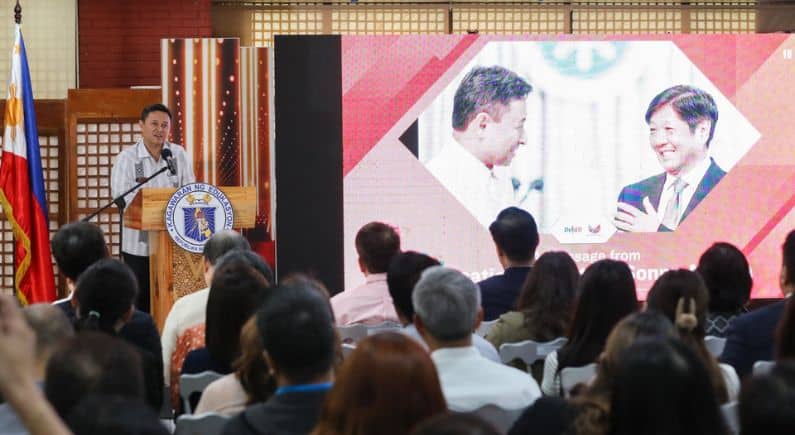Ex-lieutenant testifies against false reassurances by Sam Bankman-Fried

On Friday, in a New York courtroom in Manhattan federal court, Gary Wang testified about the dramatic collapse of the FTX cryptocurrency exchange. Wang, who is Sam Bankman-Fried’s ex-lieutenant and business partner, asserted that Bankman-Fried’s reassuring tweets were false.
According to Wang, his boss knew about the $8 billion customer asset shortfall on November 7, 2022. On that day, Bankman-Fried tweeted reassurances of FTX’s stability despite a surge in customer withdrawals, proclaiming, “FTX is fine. Assets are fine.”
“FTX was not fine,” Wang said after nearly four hours of questioning in the courtroom. “Assets were not fine because FTX did not have enough assets for customer withdrawals.”
Wang’s recent revelation potentially damages Bankman-Fried’s defense. Federal prosecutors allege that Bankman-Fried misappropriated billions of dollars from FTX customers to support their jointly-owned hedge fund, Alameda Research, purchase real estate, and make political campaign contributions in a bid to gain influence in Washington, D.C.
Wang and Bankman-Fried, who were also former college roommates, were cohabiting with eight other Alameda and FTX executives in a $35 million penthouse in the Bahamas, the base of FTX.
Unsurprised by $8B owed
Wang testified that on November 6, 2022, FTX executive Nishad Singh informed him that customers were attempting to withdraw their funds faster than FTX could process the transactions.
Crypto news site CoinDesk had recently published a leaked Alameda balance sheet. The sheet revealed that the fund’s assets primarily consisted of crypto tokens created by FTX or its executives. Wang stated that Bankman-Fried then directed him to calculate the additional funds required on FTX for customers to withdraw their money.
Upon informing Bankman-Fried that Alameda owed the exchange $8 billion, Bankman-Fried responded with what Wang described as a “neutral” demeanor, saying, “That sounds about right.”
Wang, one of three former members of Bankman-Fried’s inner circle who pleaded guilty to fraud charges and cooperated with the government, expressed his “ideal” hope for avoiding prison time in exchange for his cooperation. U.S. District Judge Lewis Kaplan will ultimately determine his sentence.
In his Friday testimony, Wang discussed changes Bankman-Fried instructed him to make to FTX’s software code. The change is planned to enable Alameda to withdraw unlimited funds from the exchange.
These privileges were undisclosed to FTX’s investors and customers and were exclusive to Alameda. During a cross-examination led by Bankman-Fried’s attorney Christian Everdell, Wang acknowledged that these alterations were necessary for Alameda to provide liquidity on the exchange.
Upcoming testimonies
Wang’s cross-examination will continue when the trial resumes on Tuesday, with Caroline Ellison, Alameda’s former CEO and Bankman-Fried’s ex-girlfriend, expected to testify afterward. Both have pleaded guilty.
Mark Cohen, another one of Bankman-Fried’s lawyers, told the jurors to carefully examine whether cooperating witnesses were making Bankman-Fried’s past actions seem worse now than they appeared at the time.
After FTX declared bankruptcy on November 11, 2022, Wang testified that he moved some of the remaining FTX customer assets to the Bahamas, as directed by Bankman-Fried. The Bahamas was the location of FTX’s headquarters.
Wang said Bankman-Fried believed liquidators and regulators in the Bahamas would be more accommodating. He thought they would allow him to continue controlling FTX. In contrast, U.S. regulators pushed for asset transfer to the States. On November 16, Wang returned to the United States and first met with U.S. law enforcement the following day.









